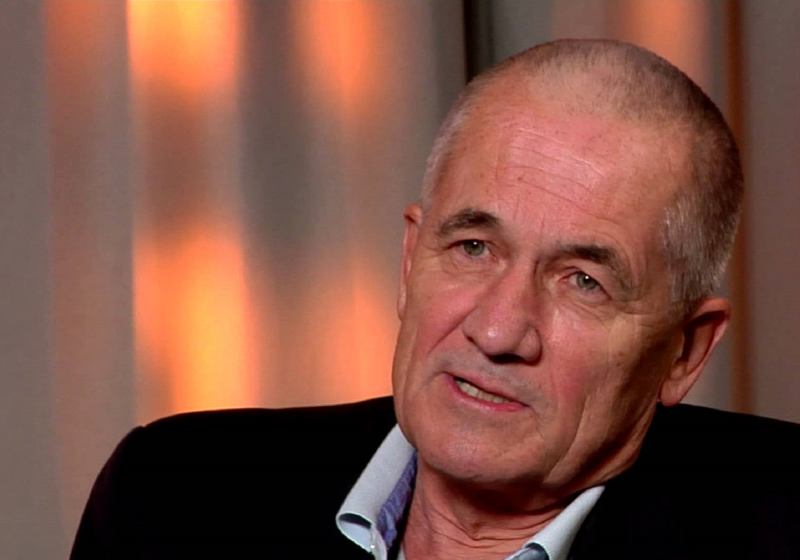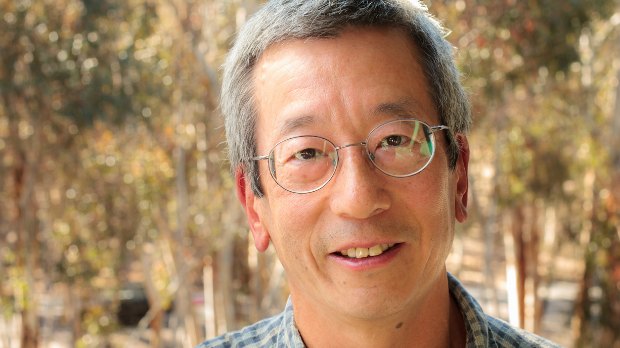The Push to Replace Journal Supplements with Repositories
Broken links, clunky formats, and outdated platforms have both authors and publishers turning to alternative solutions.

Send us a link
Broken links, clunky formats, and outdated platforms have both authors and publishers turning to alternative solutions.

One recent case, in which a scientist claims his submitted manuscript was rejected despite a lack of actual plagiarism, highlights the limitations of automated tools.

The divergent strategies of scholarly publishers to forge licensing agreements with libraries are yielding different results.

Scientists say that increasingly rigorous licensing procedures have complicated research efforts - and in some cases, stopped experiments completely.

The funder-driven push for freely accessible scholarly literature has divided the scientific community.

Physician Peter Gotzsche, a board member of the organization, has been an outspoken critic of certain vaccines and of the pharma industry in general.

Peer review varies in quality and thoroughness. Making it publicly available could improve it.
Negotiations between the publisher and a national consortium of academic institutions have reached a stalemate.
Legal methods to retrieve paywalled articles for free are on the rise, but better self-archiving practices could help improve accessibility.
The American Chemical Society seeks a broad order that includes millions of dollars in damages and demands action from Internet service providers and search engines.
Although the popular blacklist of predatory publishers is gone, the suspect journals they produce are not.
These institutions join around 60 others that hope to put increasing pressure on the publishing giant in ongoing negotiations for a new nationwide licensing agreement.
Thousands of open access papers have mistakenly asked readers to pay access fees, but publishers are correcting the errors.
While the University Grants Commission’s system prioritizes peer-reviewed papers, experts not involved in the initiative express concern that it could incentivize cheating.
Postdocs nationwide were set to have an increased minimum salary or become eligible for overtime pay until a court injunction halted new Department of Labor regulations.
Reviewers who are experts in a given field are more likely to deliver harsher critiques of papers that hit close to home, researchers report.

How researchers are taking advantage of Twitter and other forums to do, share, and discuss research

More papers correlate with top-cited research for more-established academics, but not newly minted professors, according to a study.
One of the pioneers in developing fluorescent proteins for biological studies was 64 years old.

Breaking down lengthy, narrative-driven biomedical articles into brief reports on singular observations or experiments could increase reproducibility and accessibility in the literature.

Retractions are on the rise. But reams of flawed research papers persist in the scientific literature. Is it time to change the way papers are published?
